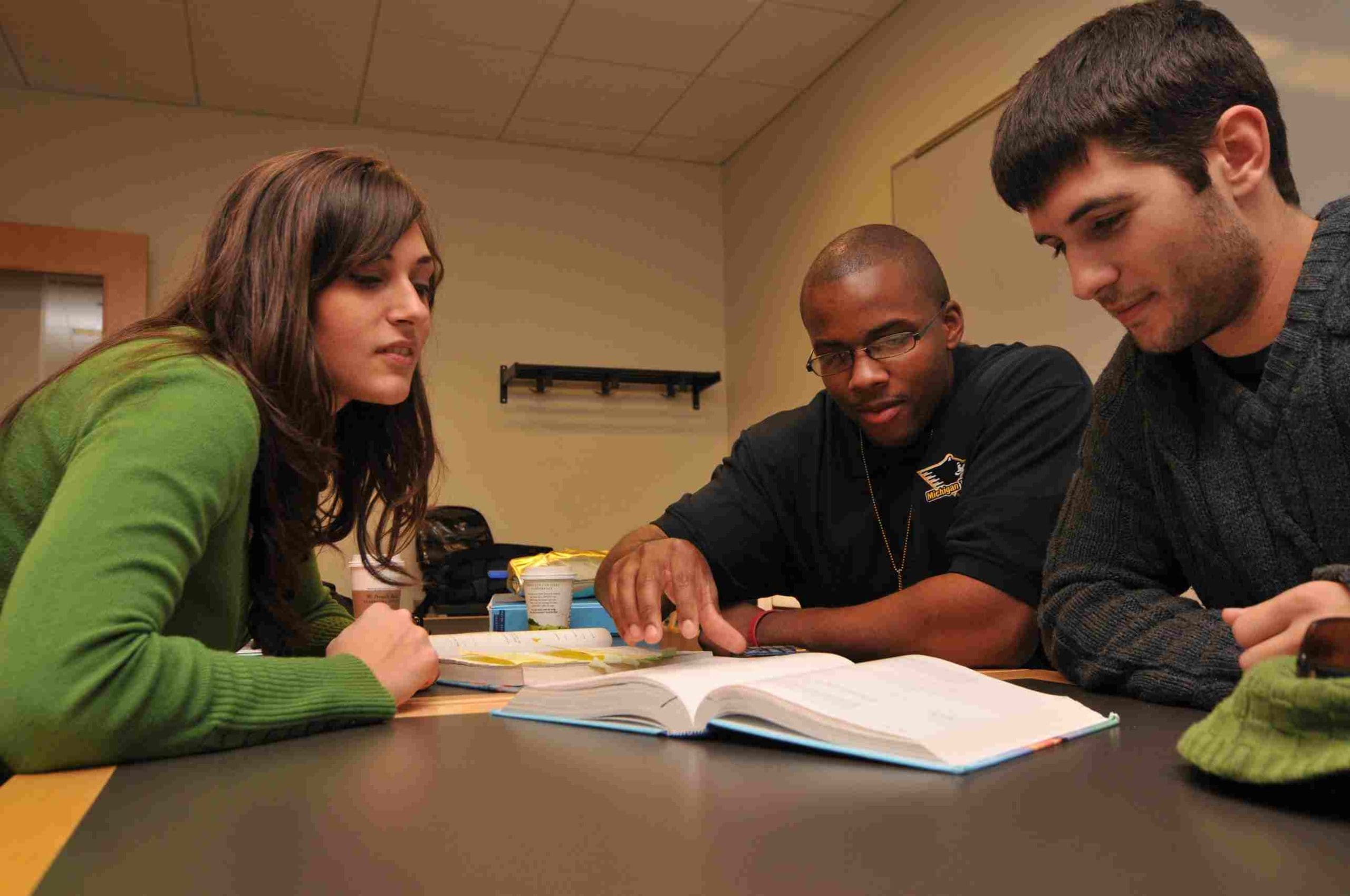
Half the time you don’t give a crap about the subject material, but you still find yourself mechanically writing down whatever your professor says.
“National debt of Antarctica: 0… Population of the Moon: 0…”
Quit writing for 5 minutes and listen. What is this person really trying to tell you and why does it matter? Are you a student or are you learning to be a human dictation machine? That’s what I thought. Let’s, err, try to rewire your thinking.
Work your usual classroom magic.
In order to improve on something, it is a good idea to first run the process normally. Start off doing basically whatever you normally would do, then take your novella to your professor during office hours. Try to get some suggestions about what techniques would help you the most with this particular class. Some classes may have the same name, but all classes are unique. I can give you all the advice in the world, but every professor knows the best way to take notes for his/her class.
Compare with classmates.
With today’s technology you don’t even have to meet in person if you don’t want to. Whether it be through a social networking service or an instant messenger, find other students who take school seriously enough to compare notes. If nothing else, they will benefit from your insight gained from your visit during office hours.
Teach your classmates.
When somebody is absent for whatever reason, seize the opportunity. By using your notes to teach, you will be able to eliminate even more fluff material. The closer you are to extracting only the necessary information the better.
Paper is not nanotechnology.
Don’t be proud of yourself for writing so small that you are able to fit an entire week’s worth of material on one piece of paper. When the time comes to study, you are going to be paying for it while your bloodshot eyeballs struggle to earn you a good grade.
Take notes before class.
Take a look at your syllabus. If there is any required reading, take care of it one class in advance. While reading, neatly write important themes and concepts. This is better than in class because you can work at your own pace and quit when you damn well please. When you get to class, keep your notes out and highlight anything the professor says. This saves you the hassle of trying to write fast enough and improves your ability to think like your professor. Over time you will start to notice patterns, and you will have even less work to do.
Textbooks are not bread waiting to be buttered.
For lower level classes, don’t trick yourself into thinking you are being productive by highlighting every single word in the book. As smart as it may look and as responsible as you may feel, you are usually better off just listening in classes like this. Since most of these classes are survey classes, there won’t be much if any deviation from the textbook and key terms are usually in bold.
Turn your notes into tests.
Doing this forces you to get in the big picture mindset. This will be hard until you have a feel for the professor’s testing style, but later on you will feel like you are having an affair with your professor’s answer key. If you need help doing this, check out the questions at the end of every chapter in your textbook for ideas. (You know, the ones that nobody ever does.)
When actually taking these practice tests, do it at the same time that your class meets and under similar conditions for the maximum benefit. Read that last sentence again. You are only hurting yourself by taking one of these tests while eating and watching American Idol.
Get your class podcast.
Some students do this for their own benefit, but there’s really no reason to sit through a lecture twice. If you are going to be sick, find a friend who doesn’t mind recording the class for you.
Don’t bring your computer.
Don’t bring a computer to class unless you have a laptop from the stone age that has nothing but a word processor. I know it seems incredibly convenient to quickly type everything the professor says, but be honest with yourself. When the last few weeks of the semester roll around and you have the choice between a discussion involving the properties of valence electrons and Texas hold ‘em poker on your school’s network, which will you choose?
Use the right tools.
Know which note-taking supplies you need for which classes. Always have graph paper, colored pencils, highlighters, note cards, etc. depending on the class’s specific needs.
The ultimate goal of note-taking is to learn to write less during class and to listen more. And you can write that down.

Be the first to comment